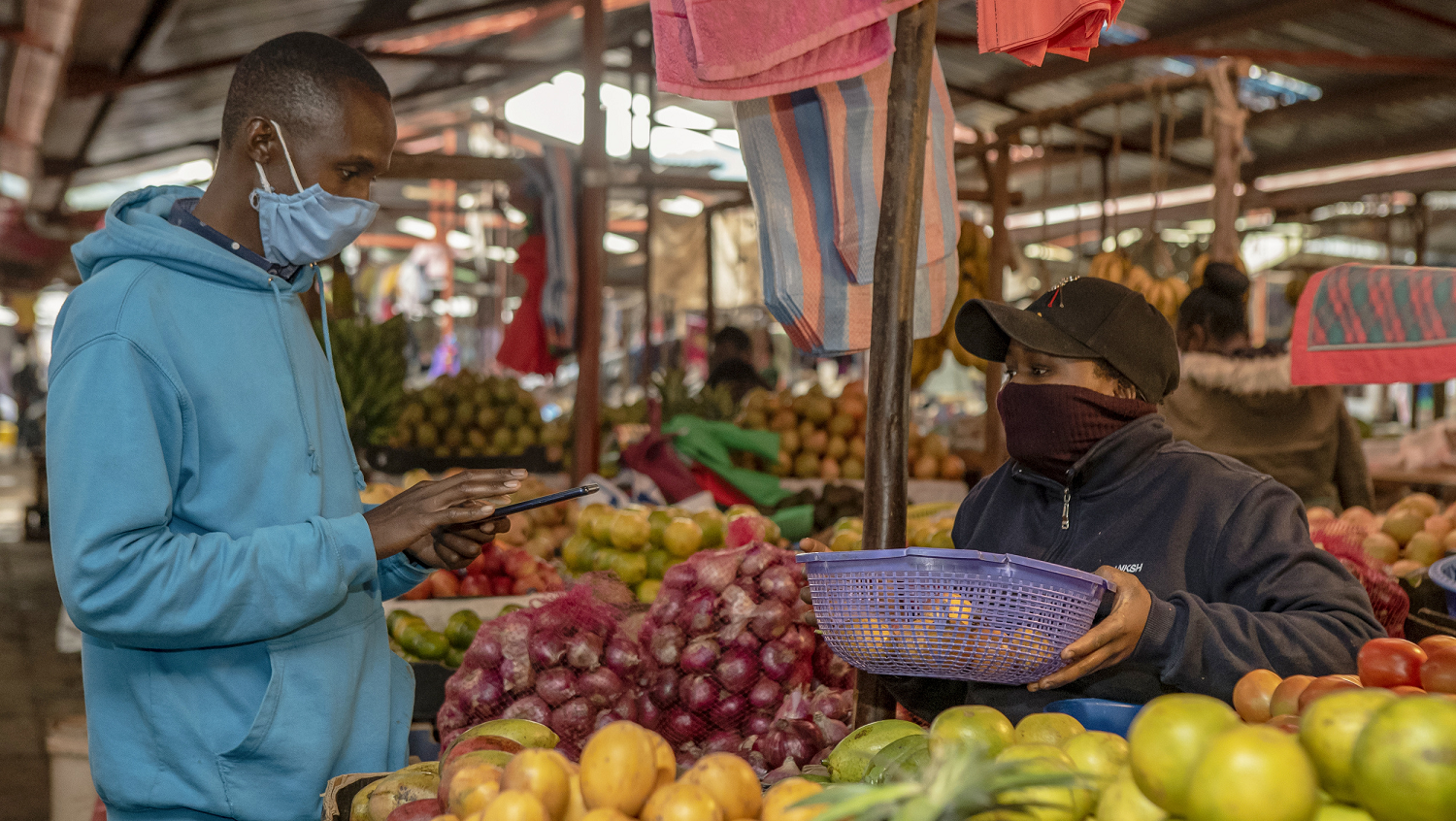As schools reopening in Kenya begins this week parents all over are concerned about the safety of their children’s safety from COVID-19. One of the best ways to stay from COVID-19 is to boost your immune system by eating healthy.
The government, through the Ministry of Education, should step up and introduce nutrition talks in schools to educate students on healthy eating habits and curb obesity, which is on the rise among school-going children.
Optimal nutrition and dietary nutrient intake boost the immune system. Therefore, the only sustainable way to survive this pandemic is to strengthen the immune system.
A healthy body, along with all the necessary precautions from the Ministry of Health such as handwashing, wearing a mask, and maintaining social distance shall make our children well prepared for their fight against COVID-19.
Nutrient-rich food is known to play an important role in building a healthy immune system. It is critical to give equal importance to the food we eat and what we feed our children, especially during this COVID-19 pandemic.
There is no evidence found that supplements can cure the immune system except Vitamin C, which is one of the best ways to improve the immune system. Vitamin C can be found in oranges, citrus fruits, broccoli, tomatoes.
A balanced diet will guarantee a strong immune system that will help withstand any attack by the virus.
Dietary guidelines for COVID-19
- Eat fresh vegetables
- Eat whole grains and nuts
- Eat fruits daily
- Use nuts like almonds, coconut.
- Red meat can be eaten once or twice per week, and poultry 2−3 times per week. Use foods from animal sources (e.g. fish, eggs, and milk)
- For snacks, choose fresh fruits and raw vegetables rather than foods that are high in sugar, salt, or fat. Avoid irregular snacking.
- Do not overcook vegetables as it leads to the loss of important nutrients such as vitamins and minerals.
- When using dried or canned fruits and vegetables, choose varieties without added sugar or salt.
- Limit salt intake and high sodium foods and beverages.
- Consume unsaturated fats (found in avocado, fish, nuts, soy, olive oil, canola, corn oil, and sunflower) rather than saturated fats (found in butter, fatty meat, palm oil, coconut oil and cheese, ghee, and cream).
- Drink 8–10 glasses of water every day. It helps to transport nutrients in the blood, get rid of waste and regulate body temperature.
- Avoid all fizzy, carbonated, concentrated juices, and all drinks which contain added sugars.
- Maintain a healthy lifestyle of exercise, meditation, and regular sleep. Adequate sleep will help to support immune functioning.













Leave a comment